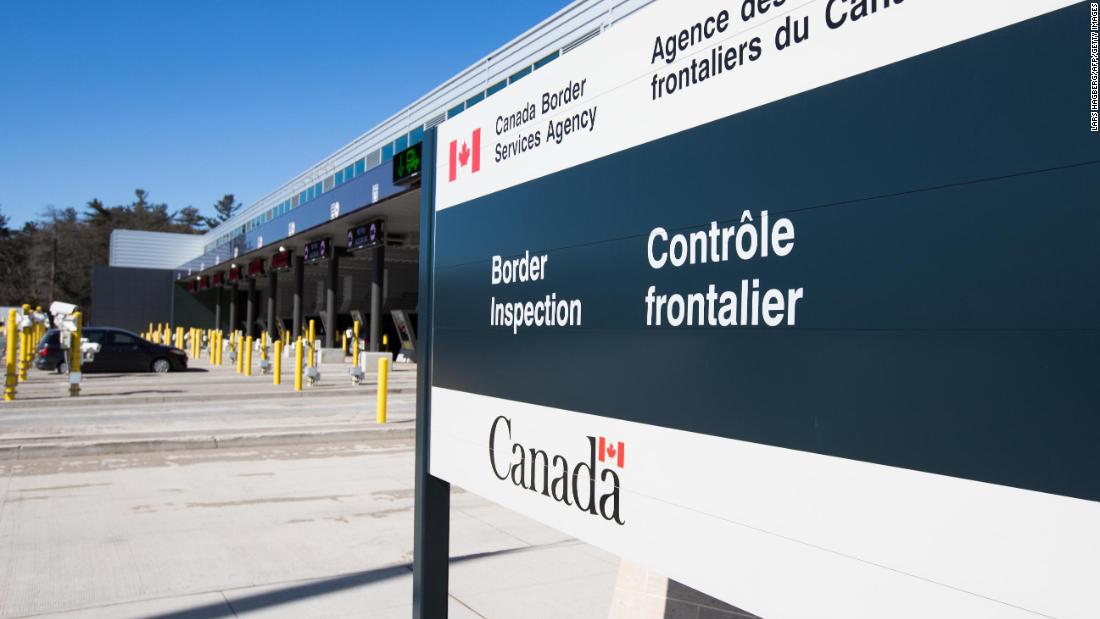Prime Minister Justin Trudeau announced on Tuesday that, as of February 15, anyone arriving in Canada by land must present a negative Covid-19 test done 72 hours before attempting to enter the country. Non-essential travelers crossing to Canada at a land border without a negative test can be fined up to 3,000 Canadian dollars ($ 2,362).
“You cannot prevent someone who is at a land border crossing from entering Canada because he is technically already on Canadian soil when he is talking to that customs officer,” Trudeau told a news conference in Ottawa on Tuesday.
“That is why what we can do is in cases where no test shows a strict penalty, a fine and requires and ensures fast and thorough monitoring to make sure that they are being tested, that they are being properly quarantined, that they are not jeopardizing the safety of other Canadians by returning home without a clear and negative test, “he said.
Only Canadian citizens, permanent residents and essential travelers are currently allowed in Canada, although there have been some exceptions for reasons of compassion.
Concerns about variants led to travel restrictions
Canadian public health officials say that while new daily cases of Covid-19 continue to fall and hospitalizations dropped by about 15% last week, new variants and a slow release of the vaccine could mean that a resurgence of the virus is still possible.
“I think we are all concerned with the arrival of new variants and the impact that this could have, even as we work hard to vaccinate everyone as quickly as possible. There are real doubts about what impacts these variants will have on the spread of Covid-19 and on the impact of vaccines, “said Trudeau, adding that this is why Canada is restricting travel further.
Canada has detected only a few hundred cases of new variants of Covid-19, but public health officials say there is already evidence of community spread in at least three provinces.
Most of Canada’s provinces have gradually begun to lift Covid-19 restrictions in recent weeks, with many students returning to classes in person and reopening some non-essential businesses.
But public health officials remain concerned about the spread of Covid-19 variants and the pace of reopening.
“The risk is very real,” said Dr. Theresa Tam, Canada’s director of public health.
“This is why we need to maintain the strictest vigilance in our public health measures and individual practices,” she said. “This will help prevent these variants from re-accelerating the epidemic and hampering control.”
